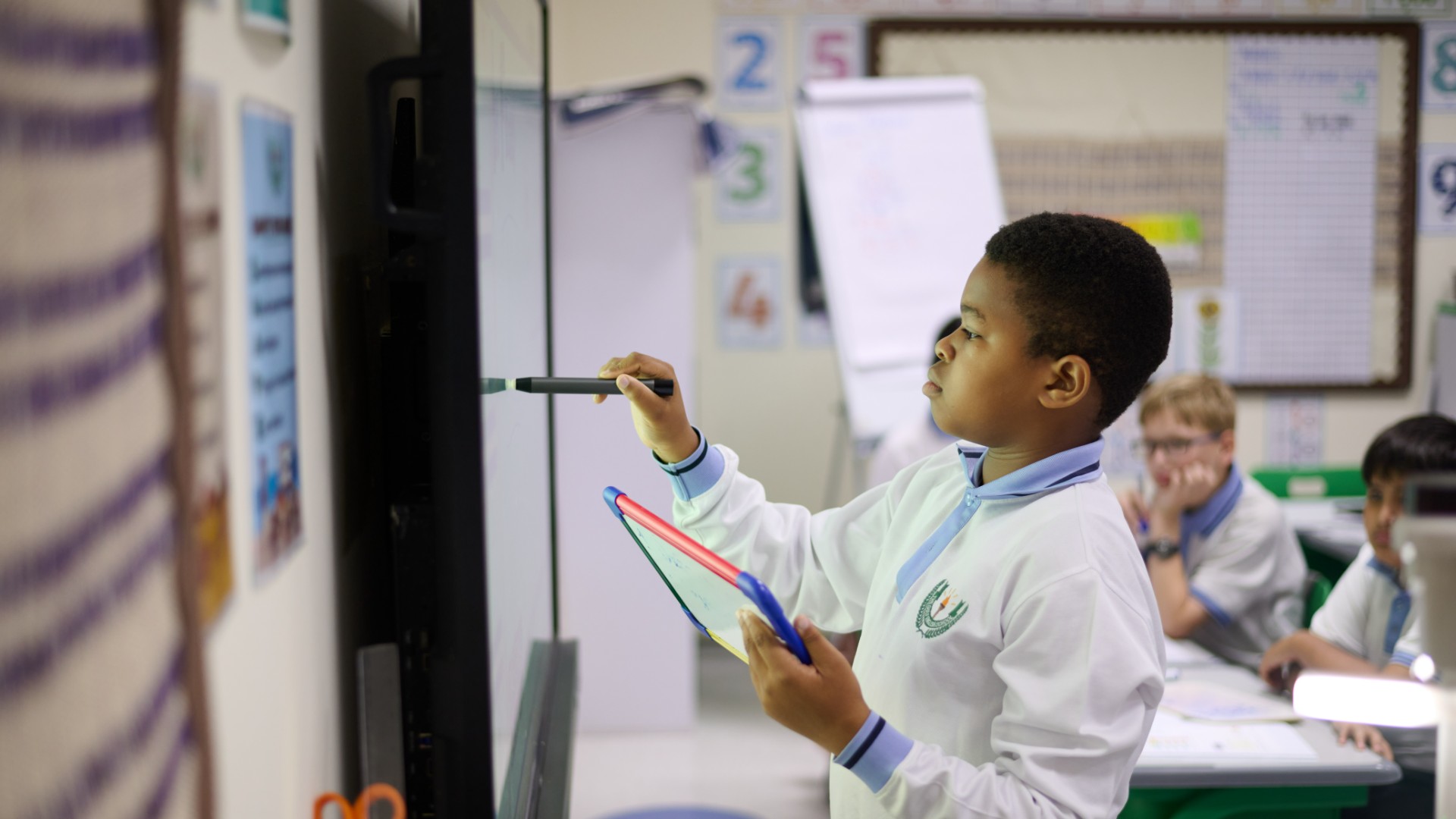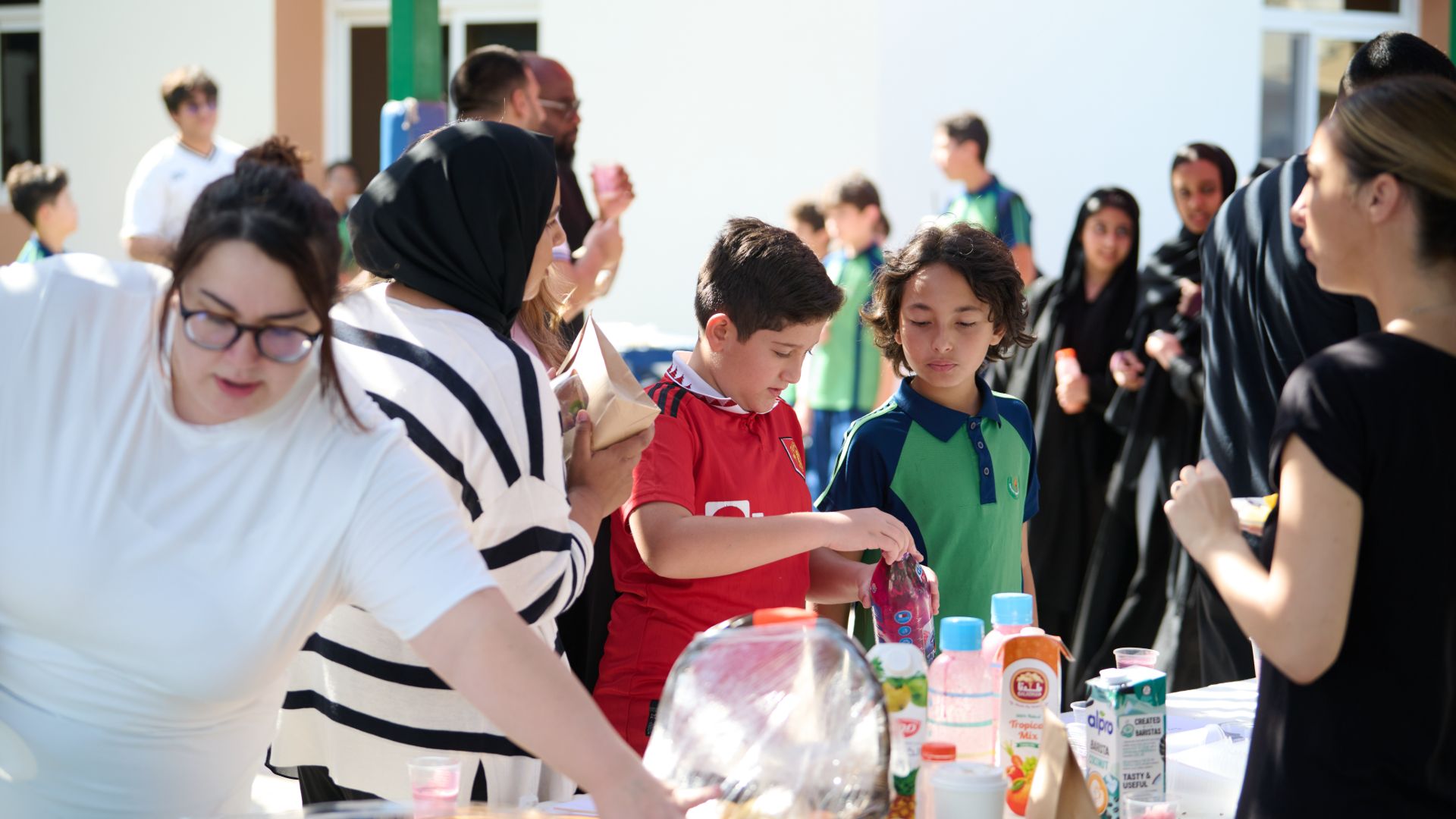We apologise but there was a problem sending your message. Please contact customer support at [email protected]
Our curriculum framework includes:
- National Curriculum for England (2014): Applied from EYFS through to KS3.
- International Primary Curriculum (IPC): Used to teach foundation subjects in Primary.
- KS4: Offers GCSE, iGCSE, and BTEC pathways.
- KS5: Includes AS and A-Level qualifications.
- All students follow an Arabic, Islamic, and Qatar History Curriculum as set by the Qatar Ministry of Education



